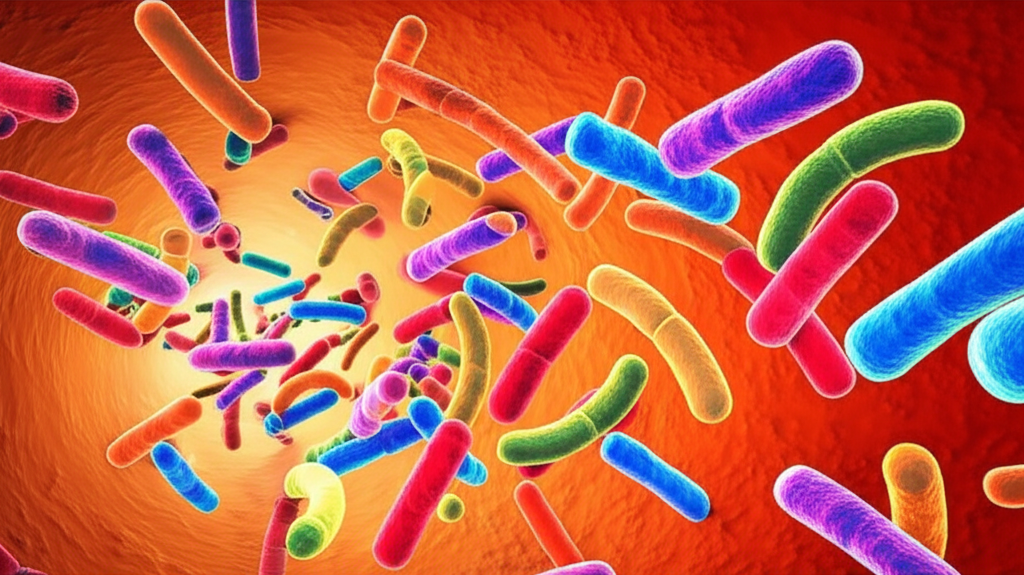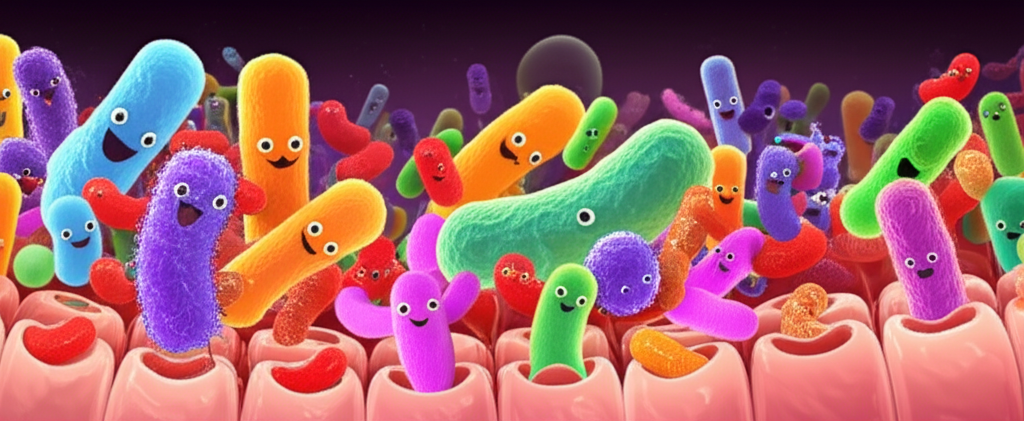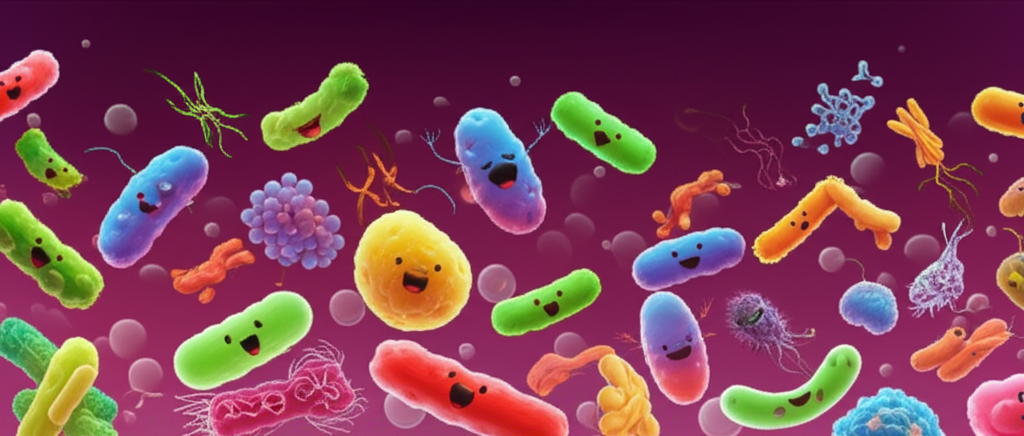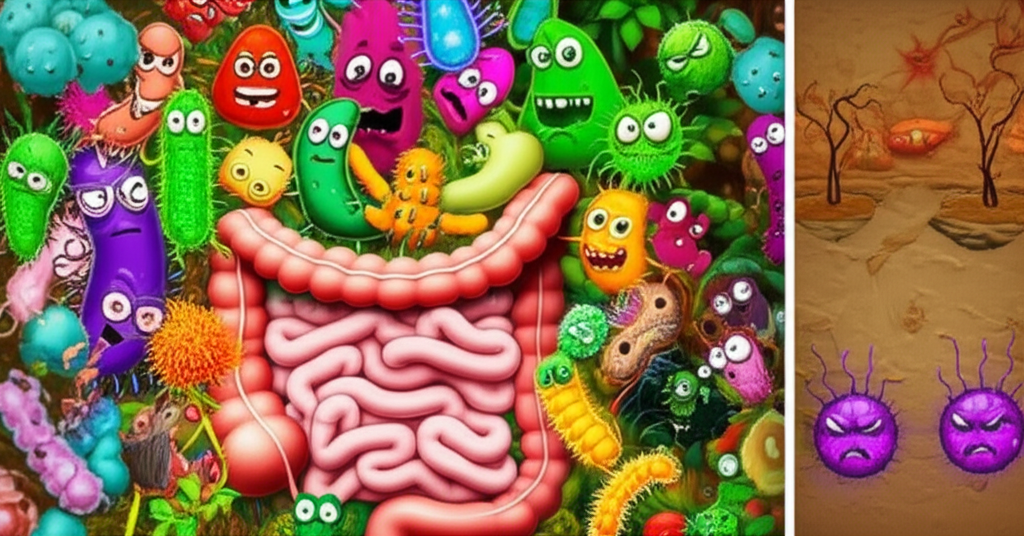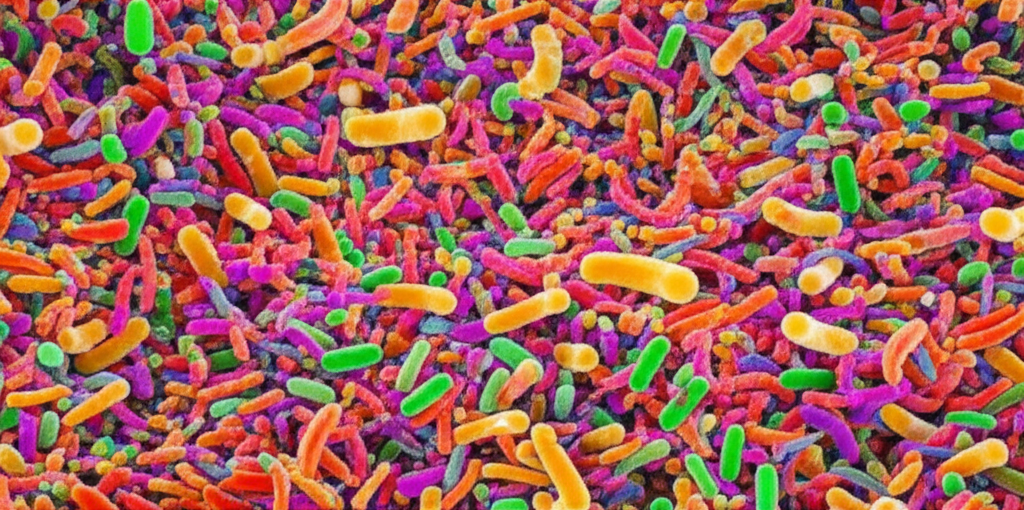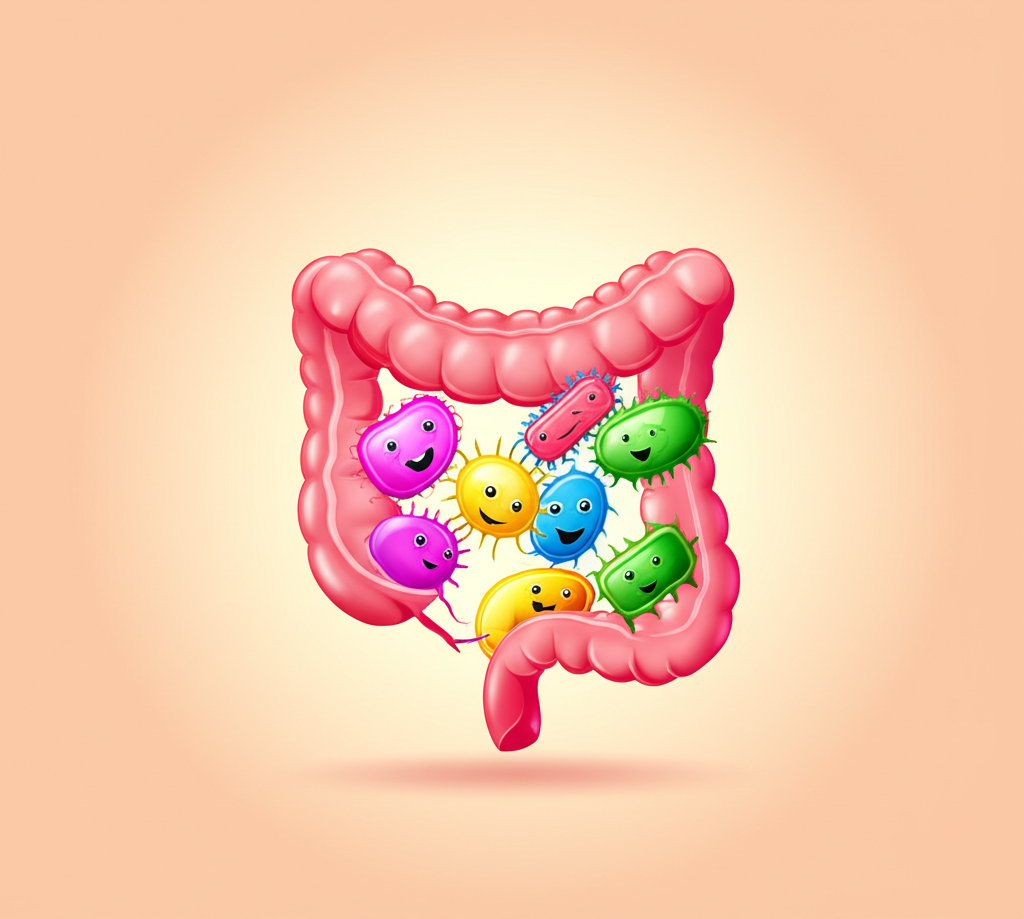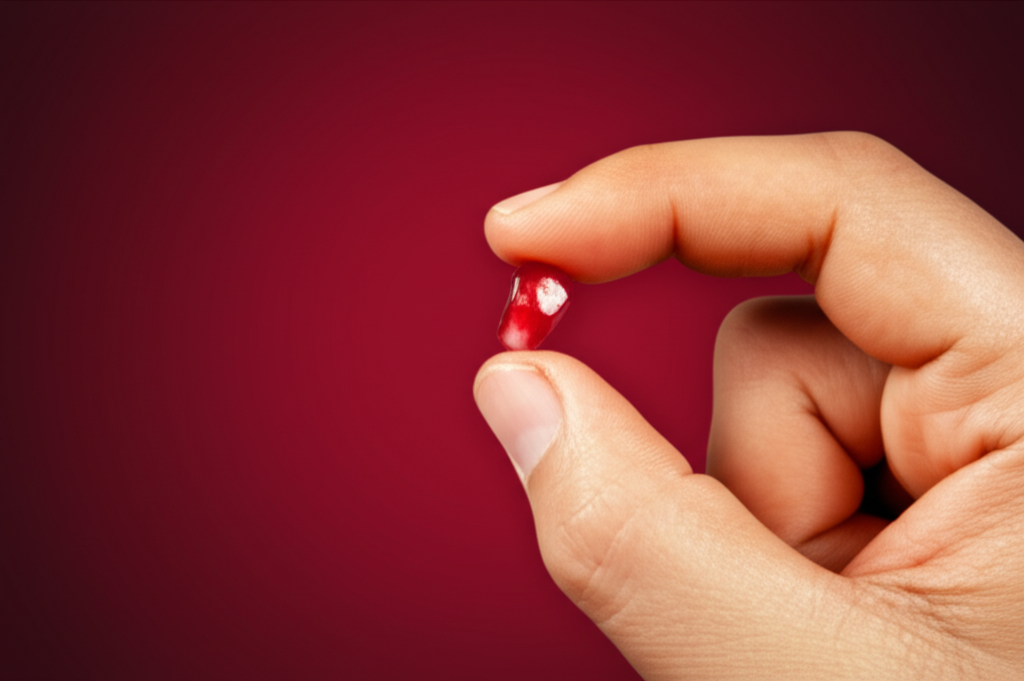Lifestyle Factors Shaping Your Microbiome: A Foundation for Health
Your gut microbiome, a complex ecosystem of trillions of microorganisms, isn't static; it's highly responsive to your lifestyle choices. Understanding these influences is crucial for nurturing a thriving gut and reaping its associated health benefits. Making conscious changes can significantly impact the diversity and balance of your microbial community.
Diet: The Cornerstone of Microbiome Modulation
What you eat profoundly impacts your microbiome's composition. A diet rich in processed foods, high in saturated and trans fats, and low in fiber dramatically reduces gut microbial diversity. This ultimately weakens the immune system and increases susceptibility to disease. In contrast, a diet abundant in fruits, vegetables, whole grains, and legumes fosters a diverse and robust microbiome. Fermented foods like yogurt, kefir, and sauerkraut introduce beneficial bacteria directly into your gut.
The Power of Prebiotics and Probiotics:
Prebiotics are non-digestible food components that act as "food" for beneficial bacteria, promoting their growth. Think of them as fertilizer for your gut garden! Fruits, vegetables, and whole grains are excellent sources of prebiotics. Probiotics, on the other hand, are live microorganisms, typically found in yogurt and supplements, that directly introduce beneficial bacteria. While both are valuable, a balanced diet rich in prebiotics is often more impactful.
Stress: A Silent Microbiome Disruptor
Chronic stress significantly alters gut microbiota composition. Stress hormones disrupt the delicate balance of your gut, potentially leading to imbalances and reduced diversity. Practicing stress-reduction techniques like yoga, meditation, and deep breathing exercises can mitigate these negative effects, creating a more resilient microbiome. Adequate sleep is also crucial; sleep deprivation can further exacerbate stress and negatively impact gut health.
Physical Activity: Moving Towards a Healthier Gut
Regular physical activity positively influences the gut microbiome. Exercise increases gut motility, improving nutrient absorption and waste elimination. It also promotes a more diverse and resilient microbial community, contributing to improved overall health and immunity. Aim for at least 150 minutes of moderate-intensity aerobic activity per week, combined with strength training exercises.
Antibiotic Use: A Double-Edged Sword
While antibiotics are essential in fighting bacterial infections, they can unfortunately disrupt the balance of the gut microbiome. Broad-spectrum antibiotics kill not only harmful bacteria but also beneficial ones, potentially leading to dysbiosis (microbial imbalance). If you need antibiotics, discuss strategies to mitigate the impact on your gut microbiome with your physician; probiotics or prebiotics may be recommended.
Other Lifestyle Considerations:
- Alcohol Consumption: Excessive alcohol intake can negatively impact gut health. Moderate consumption, if any, is recommended.
- Smoking: Smoking is linked to reduced microbial diversity and increased inflammation in the gut.
- Hydration: Sufficient water intake is critical for maintaining healthy gut function and promoting regular bowel movements.
By making mindful choices in your lifestyle, you can actively cultivate a thriving and diverse gut microbiome, setting the stage for improved immunity, increased energy, and better overall health. Remember, consistency is key! Small, sustainable changes over time will yield significant long-term benefits.
